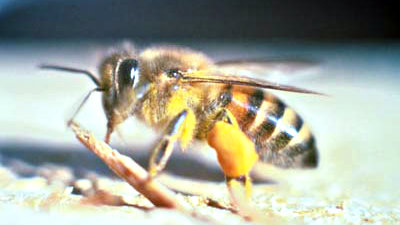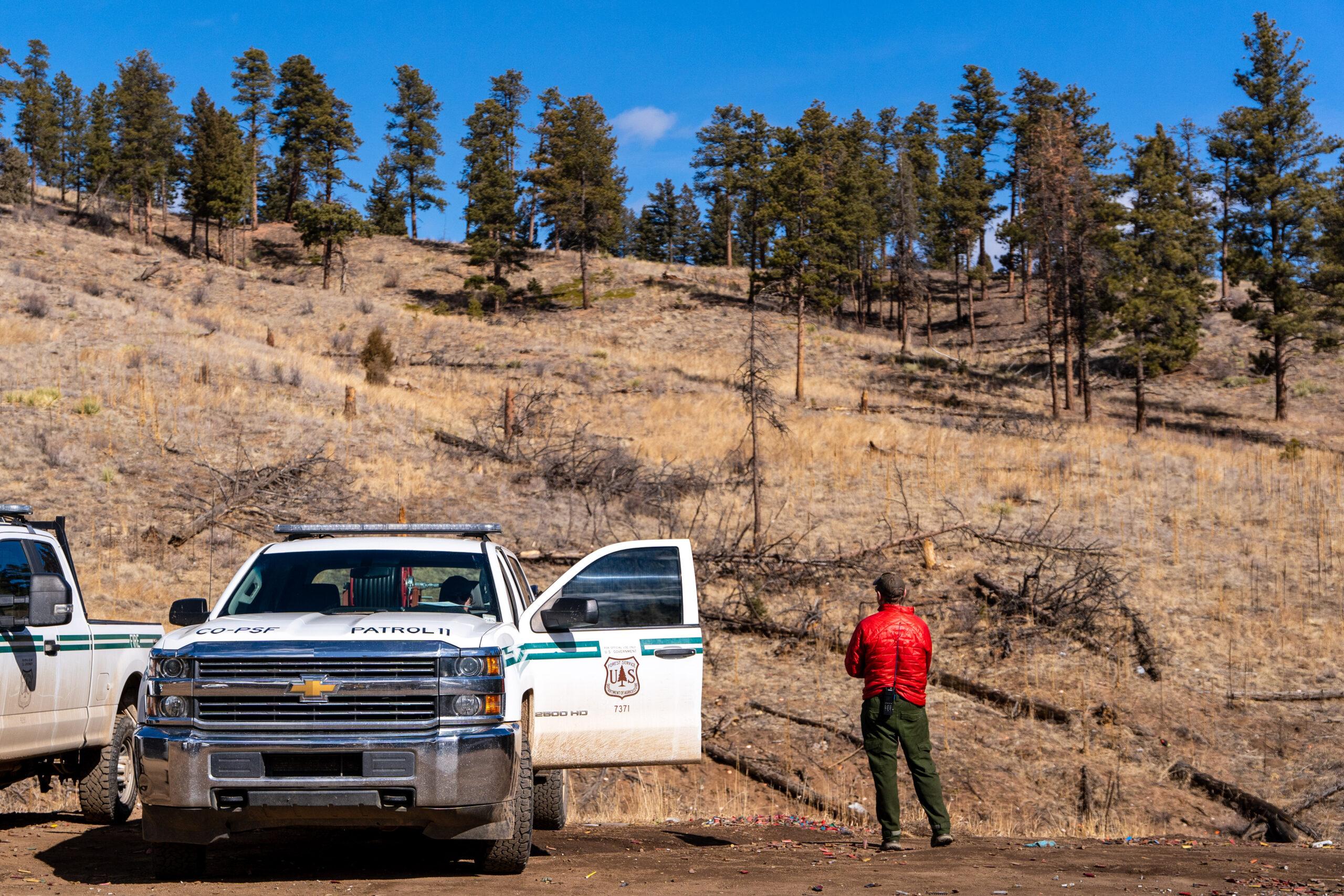
Africanized honey bees have been confirmed in Palisade after a fruit grower last month became concerned about abnormally aggressive behavior of a hive.
Officials say this is the farthest north that Africanized honey bees have been reported. Health officials say they once believed Africanized honey bees could not survive harsh winters. It’s not clear how long they’ve been here, but entomologists now know Colorado's winters don't stop them.
The Mesa County Health Department says the bees were sent for testing and once the tests came back, the hive was destroyed.
The Africanized honey bee, also known as the killer bee, can be very aggressive, especially when defending its hive. When they attack, they often attack in large numbers, and they can kill humans and other animals, who suffer multiple stings.
But Tri-River Area Extension Service entomologist Bob Hammond says most people won’t have to worry about them.
"They’re fine with producing honey and pollinating crops," he says. "It’s just they’re really difficult to handle compared to European honey bees, so it’s going to be an issue with beekeepers more than anybody."
Africanized honey bees are similar to the more familiar European honey bees, and the test requires measurements of wing and leg segments.
Hammond says if bee keepers suspect their hives have become home to Africanized honey bees, they should call their extension service to get it checked out.







